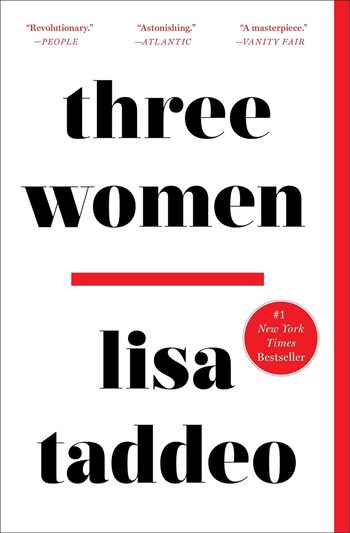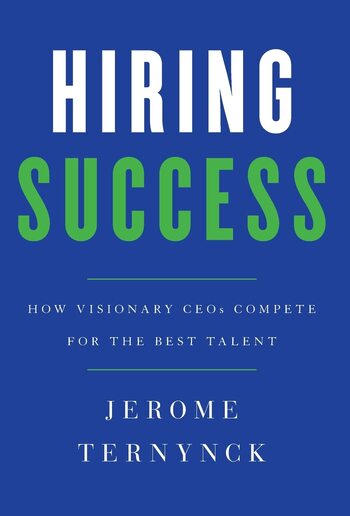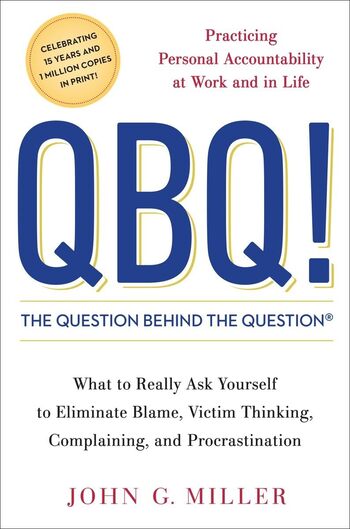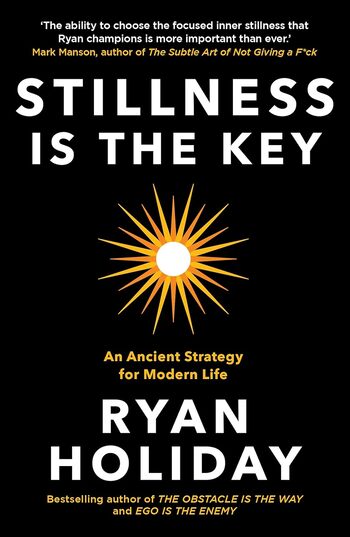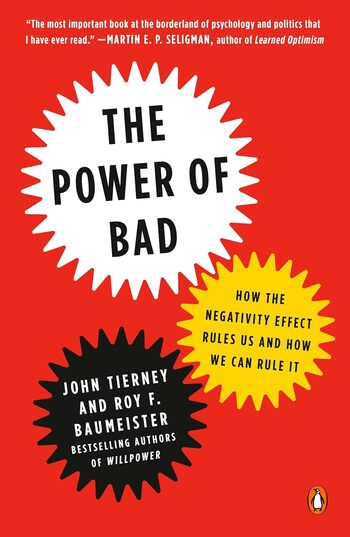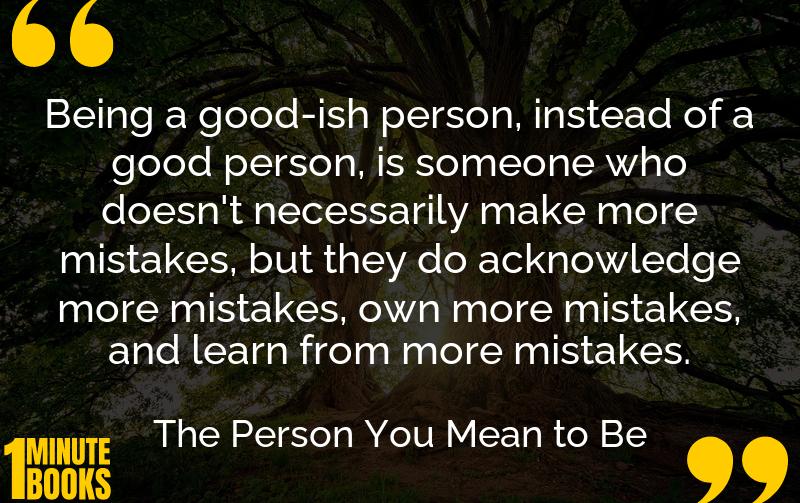
Dolly Chugh’s The Person You Mean to Be explores how well-meaning individuals can confront their own biases and become better allies in the fight against systemic discrimination. It emphasizes the importance of a growth mindset and acknowledging mistakes.
Main Lessons
- Bounded ethicality: Good people can make mistakes and are sometimes unaware of their biases.
- Growth mindset: Embrace mistakes as opportunities to learn and grow.
- Psychological safety: Create environments where people feel safe to express themselves and admit mistakes.
- Headwinds and tailwinds: Some benefit from systemic advantages (tailwinds), while others face obstacles (headwinds).
- Ordinary privilege: The aspects of identity we think about least often often give us unexpected influence.
- Noticing bias: The first step to reducing bias is becoming aware of it in yourself and others.
- Debiasing the process: While it’s hard to debias individuals, we can change processes to reduce bias.
- The importance of inclusive meetings: Balancing airtime and allowing for disagreement can make meetings more inclusive.
- Self-audit: Regularly evaluate your own behavior and network for unrecognized patterns of bias.
- Amplifying marginalized voices: Those with privilege can use their influence to support ideas from marginalized individuals.
- Engage the middle 60: Focus on influencing those who are silent or undecided rather than trying to convert the entrenched 20%.
